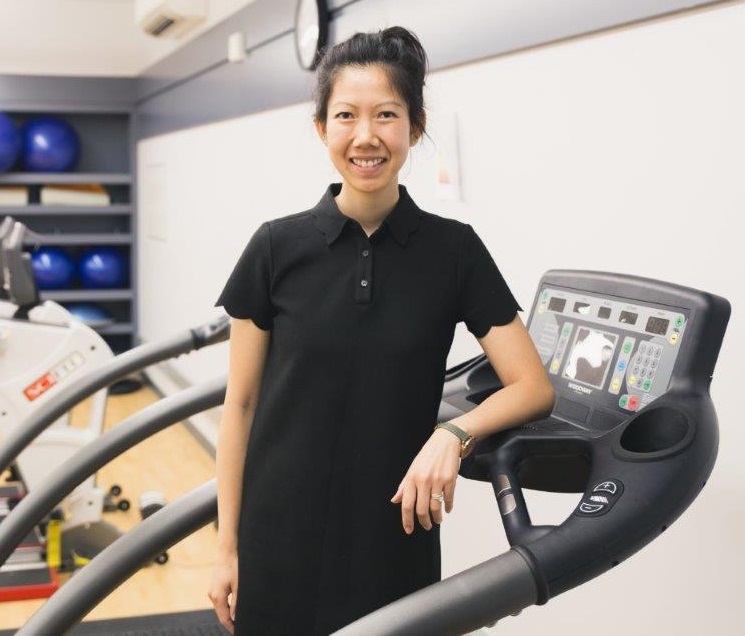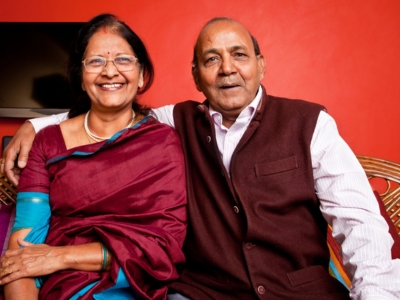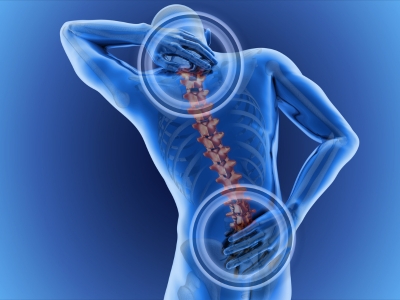
Fall 2023
Editor's Note

Now that abstract submissions are closed and preparations are underway for the 2024 Annual Meeting, I cannot wait to see all of the exciting and stimulating sessions. This year’s meeting theme is "Moving Behavioral Science Upstream." Notably, this happens to be an emerging theme of this Fall’s Outlook issue.
Climate Change Brings More Extreme Weather Events: What Does That Mean for Youth and Families?

Climate change is bringing about more extreme weather events (hurricanes, wildfires, tornadoes, floods) in the U.S. and worldwide. Climate-related disasters, such as hurricanes, can have a devastating impact on youth and parents, who have been identified as vulnerable populations in disasters (Norris et al., 2002).
Tolerating the Ever Increasing Heat: Challenges and Potential Solutions for People with Type 2 Diabetes.

We can no longer be indifferent to climate change. This past July 2023, the global mean air temperature reached a record several days in a row [1]. This was even taxing for people who live in one of the hottest places on Earth and the United States, Arizona. However, even in this state where people are used to temperatures in the 100F (40C) this has been unprecedented, resulting in a continuous increase in emergency department visits and hospitalizations [2].
Community-engaged Research at the Society of Behavioral Medicine: Reflecting on Partner Perspectives

Community engagement has the potential to bridge the gap between behavioral medicine research and implementation. This is largely due to the partnerships formed with individuals and/or groups responsible for and/or affected by the health behavior being investigated.1
Reimagining Health Service Psychology Internships and Advocating for Change after COVID-19

The health service psychology (HSP) internship is a one-year, predoctoral clinical training experience that is mandatory for becoming a licensed psychologist in the US and Canada. It has been an institution since the 1940s, though it has undergone periodic changes.
Cardiovascular Disease among South Asian Immigrants in the United States - Implications for Behavioral Medicine

Cardiovascular disease (CVD), which broadly includes coronary heart disease, heart failure, stroke, and hypertension (HTN), is estimated to affect 48.6% (127.9 million) of adults in the United States (U.S.) with costs adding up to over $400 billion per year.1
Measuring the Professional Value and Impact of Science Communication

In 2022, SBM launched the Science Communication Toolkit, along with messaging, encouraging members to share their science beyond traditional academic outlets (e.g., peer-reviewed journals) and to join public conversations in their areas of expertise.
Your Mentor has Feelings Too! Why the Mentor-Mentee Relationship Fails.

While much has been written about the qualities of an ideal mentor or mentee, little attention has been given to explaining why mentor-mentee relationships sometimes fail. In my 25 years as a mentee in academia and 10 years of mentoring as faculty, I have learned firsthand from dozens of mentor-mentee relationships, workshops, seminars, and casual conversations.
Someone You Know: Empowering Interpersonal Violence Survivors through Trauma and Violence Informed Care in Health Behavior Research and Practice

With the ubiquity of interpersonal violence, whether it is sexual assault, physical, sexual, or psychological violence (also called emotional violence), stalking, domestic violence, or any other form of abuse, it has become critical to revisit evidence-based resources and support for survivors (primarily women) in research and practice settings.
Pain Reprocessing Therapy as an Emerging Non-Pharmacologic Treatment for Chronic Pain: An Interview with Dr. Yoni Ashar

The Pain SIG interviewed Dr. Yoni Ashar, a clinical psychologist and Assistant Professor at the University of Colorado Anschutz Medical Campus about Pain Reprocessing Therapy (PRT), an emerging non-pharmacologic treatment for chronic pain. Dr. Ashar and colleagues recently published a trial of PRT in JAMA Psychiatry with promising results and we were eager to hear his perspectives on PRT’s potential as a chronic pain treatment
New Articles from Annals of Behavioral Medicine and Translational Behavioral Medicine
Awards, Honors and Inclusions
Outlook Announcements
President's Message: 3+ Things I Like About Philadelphia

If you are getting excited about the upcoming SBM conference in Philadelphia, you’re not alone. A group of us including our SBM staff and our Program Chair, Dr. Akilah Dulin, recently had the chance to tour the conference venue in Center City Philadelphia.
Upcoming Events:
45th Annual Meeting and Scientific Sessions
March 13 - 16 2024
Philadelphia, PA
